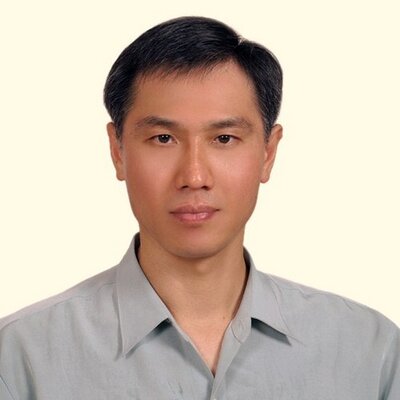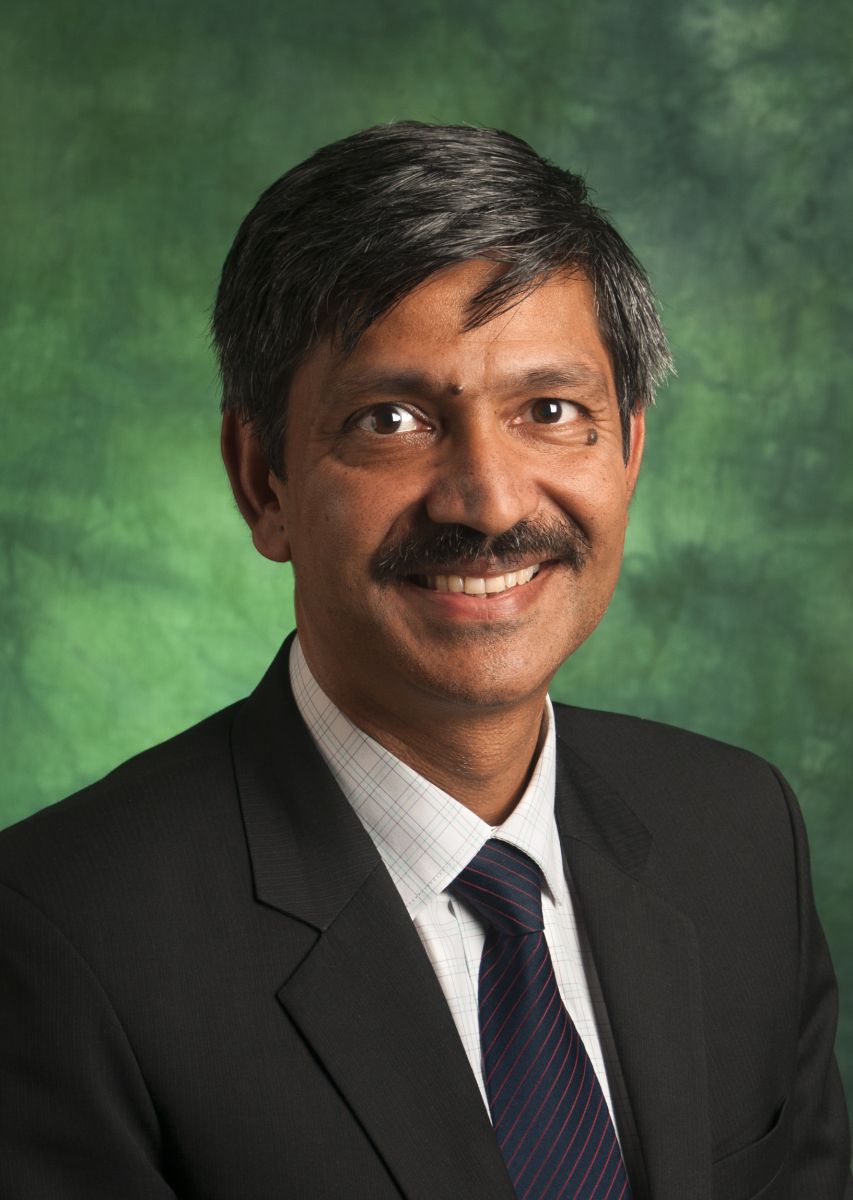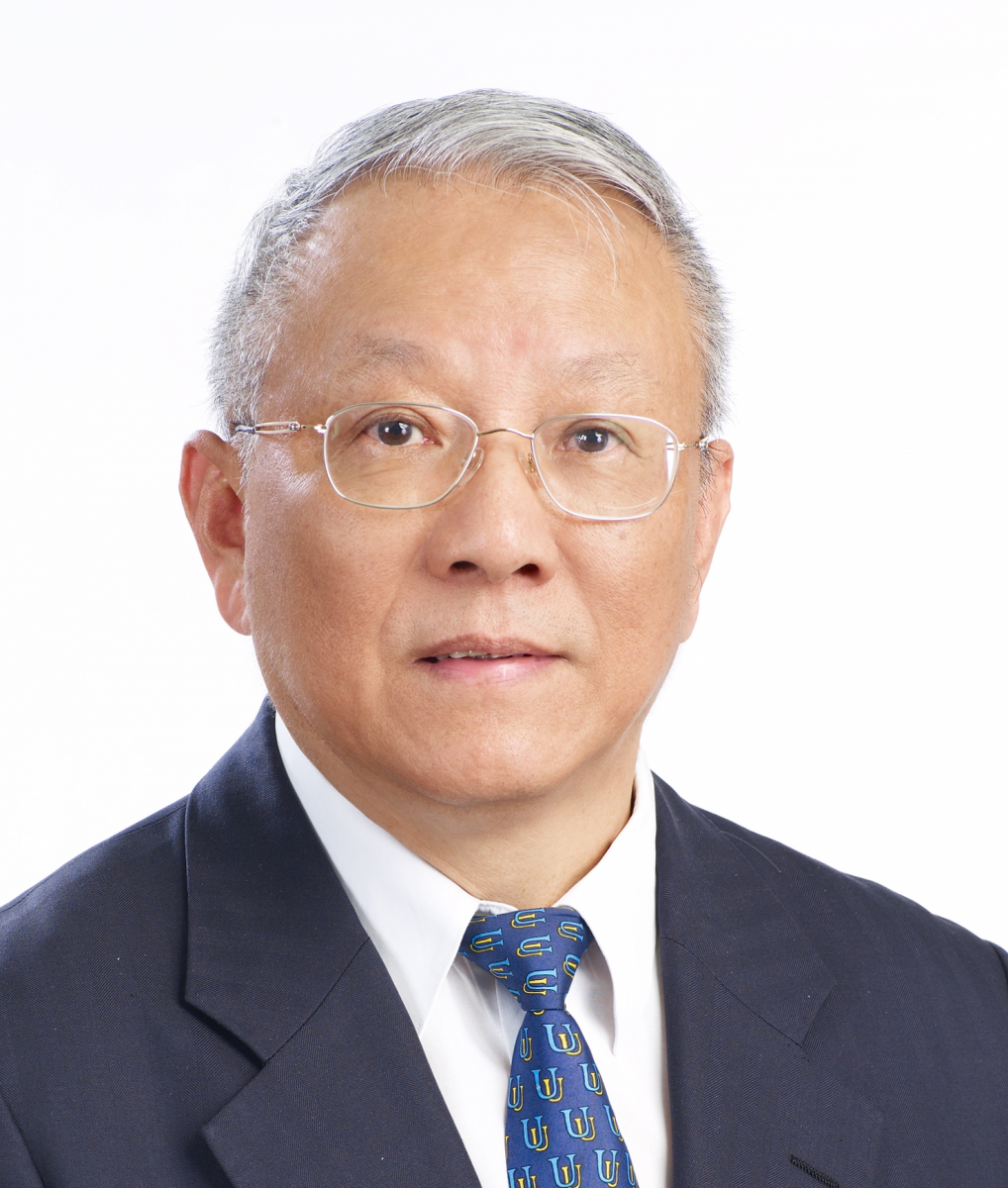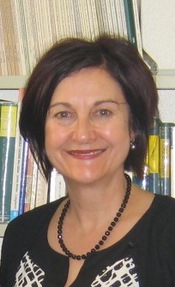Professor Nian-Shing Chen
Dr. Nian-Shing Chen is Chair Professor in the Department of Applied Foreign Languages at the National Yunlin University of Science and Technology, Taiwan. He has published over 400 academic papers in the international referred journals, conferences and book chapters. One of his papers published in Innovations in Education and Teaching International was awarded as the top cited article in 2010. He is the author of three books with one textbook entitled “e-Learning Theory & Practice”. Prof. Chen has received the national outstanding research awards for three times from the National Science Council in 2008, 2011-2013 and the Ministry of Science and Technology in 2015-2017. His current research interests include assessing e-Learning course performance; online synchronous teaching & learning; mobile & ubiquitous learning; gesture-based learning and educational robotics. Prof. Chen is serving as editorial board members for many international journals and guest editors for special issues of international journals. He has also organized and chaired numerous international conferences and workshops in the area of advanced learning technologies. Professor Chen is a golden core member of IEEE, ACM and the former Chair of the IEEE Technical Committee on Learning Technology (http://lttf.ieee.org/) and the former Editor-In-Chief of the SSCI-indexed Journal of Educational Technology & Society.
His current research focuses on developing language learning robot and IoT-based toys for babies to cultivate multiple native languages. His hobby is to promote STEAM education based on the notation of sustainable green agriculture. He has designed and implemented aquaponics systems to grow healthy fishes, organic plants and vegetables. The whole system can be controlled by various types of IoT sensors for achieving full automation.
Professor Jozef Colpaert
Professor of the Antwerp School of Education, University of Antwerp.
Professor Jozef Colpeart teaches Instructional Design, Educational Technology, Computer Assisted Language Learning and Science Communication in the Antwerp School of Education, University of Antwerp. He is also the editor-in-chief of Computer Assisted Language Learning (Taylor & Francis) and the organizer of International CALL Research Conferences. Professor Jozef Colpaert currently working on the empirical and theoretical validation of Educational Engineering, a novel instructional design and research method.
Professor Robert Godwin-Jones
Robert Godwin-Jones, Ph.D., is Professor in the School of World Studies at Virginia Commonwealth University and past Director of the English Language Program there. His research is principally in applied linguistics, in the areas of language learning and technology and intercultural communication. He writes a column for the journal Language Learning & Technology on emerging technologies. His most recent book is Internationalizing English Language Education in Globalized Taiwan (co-edited with Wen-Chuan Lin and I-Jane Weng. Taipei: Tung Hua, 2018).
Professor Kinshuk
Dr. Kinshuk is the Dean of the College of Information at the University of North Texas. Prior to that, he held the NSERC/CNRL/Xerox/McGraw Hill Research Chair for Adaptivity and Personalization in Informatics, funded by the Federal government of Canada, Provincial government of Alberta, and by national and international industries. He was also Full Professor in the School of Computing and Information Systems and Associate Dean of Faculty of Science and Technology, at Athabasca University, Canada. After completing first degree from India, he earned his Masters’ degree from Strathclyde University (Glasgow) and PhD from De Montfort University (Leicester), United Kingdom. His work has been dedicated to advancing research on the innovative paradigms, architectures and implementations of online and distance learning systems for individualized and adaptive learning in increasingly global environments. Areas of his research interests include learning analytics, learning technologies, mobile, ubiquitous and location aware learning systems, cognitive profiling, and, interactive technologies.
With more than 500 research publications in refereed journals, international refereed conferences and book chapters, he is frequently invited as keynote or principal speaker in international conferences (28 in past five years) and visiting professor around the world (18 in the past five years in Chile, China, Hong Kong, Finland, Italy, Japan, and Taiwan). He has been twice awarded the prestigious fellowship of Japan Society for the Promotion of Science (2008 and 2013). He has also been invited as guest editor of 9 special issues of international journals in the past five years, and continues to serve on a large number of editorial boards of prestigious journals and program committees of international conferences. He has also served on review panels for grants for the governmental funding agencies of various countries, including the European Commission, Austria, Canada, Hong Kong, Israel, Italy, the Netherlands, Qatar, Taiwan and the United States. He also has a successful record of procuring external funding over 11 million Canadian dollars as principal and co-principal investigator.
In his on-going sustained professional activities, he has initiated professional movements at international and national levels. At the international level, he is Founding Chair of IEEE Technical Committee on Learning Technologies, and Founding Editor of the Educational Technology & Society Journal (SSCI indexed with 5-Year impact factor of 1.376 according to Thomson Scientific 2014 Journal Citations Report). At the national level, he is Founding Chair of the New Zealand Chapter of ACM SIG on Computer-Human Interaction, and Past President of the Distance Education Association of New Zealand.
Professor Ovid Jyh-Lang Tzeng(Ph.D.)
Academician, Academia Sinica
Chancellor, University System of Taiwan
Professor Ovid Tzeng is the chancellor of University System of Taiwan and academician of Academia Sinica. He was the Minister of Education, the Minister Without Portfolio, and the Minister of Council for Cultural Affairs. He is an outstanding researcher in Cognitive Neuroscience and Neurolinguistics and an experienced leader in academic institutions. He serves as a member of the Board of Directors of Haskins Laboratories in the U.S. and an advisory board member of the ARC Centre of Excellence in Cognition and its Disorders in Australia. He has also been elected to be the academician of The World Academy of Sciences (TWAS) since 2010 and active member of The European Academy of Sciences and Arts since 2017. He has been the Chancellor of University System of Taiwan for several years, which was created by him and established to oversee and integrate the research and teaching developments of Taiwan’s four top research universities, namely, Central-, Chiao-Tung-, Tsing Hua- and Yang Ming University. Prior to the Chancellorship, he was the Vice President of Academia Sinica in Taiwan, in charge of International Scholarly Exchange Program as well the developments of Taiwan’s International Graduate Program (TIGP). He is currently an Executive member of the Committee on Human Rights of the NAS, NAE, and NAM, as well as a member of the UNESCO’s Inclusive Literacy Learning for All Project.
Professor Yuping Wang
Yuping's research focuses on the use of innovative pedagogy supported by advanced technologies in improving learners’ second language learning experiences and outcomes in the contexts of distance, blended and online learning. Her research has investigated the linguistic, intercultural and technological affordances of various asynchronous and synchronous online learning environments, with publications on online learning design, blended learning pedagogy (e.g., flipped classrooms) and online teacher training and professional development. Her recent publications also include topics relating to institution-wide blended learning implementation strategies.
Professor Cynthia White
Cynthia White is Professor of Applied Linguistics in the School of Linguistics and International Languages, and has published two books (Cambridge University Press, Multilingual Matters), and over 60 articles and chapters on distance and online language learning, language and migration, and language, emotion and identity. In 2004 Cynthia received the International TESOL Virginia French Allen Award for Scholarship and Service to the TESOL profession. In 2008 she was invited presenter at the Bertelsmann Foundation, Berlin, on language, settlement and social cohesion among immigrant youth. She serves on the Editorial Boards of seven international journals including Language Learning & Technology, Innovation in Language Learning and Teaching, Language Teaching and Language Learning Journal. She was an invited member of the International Project on Language Learner Strategies (IPoLLS) (2004-2008), and serves as external expert at the US National Middle East Language Resource Centre for Arabic distance learning initiatives. Cynthia has completed collaborative research projects with the Open University UK and Nottingham University in online language teaching and has been plenary speaker at international conferences and workshops in Germany, Thailand, Singapore, Australia, China, UK, Hawai'i and Malaysia.
Professor of the Antwerp School of Education, University of Antwerp.
Professor Jozef Colpeart teaches Instructional Design, Educational Technology, Computer Assisted Language Learning and Science Communication in the Antwerp School of Education, University of Antwerp. He is also the editor-in-chief of Computer Assisted Language Learning (Taylor & Francis) and the organizer of International CALL Research Conferences. Professor Jozef Colpaert currently working on the empirical and theoretical validation of Educational Engineering, a novel instructional design and research method.







